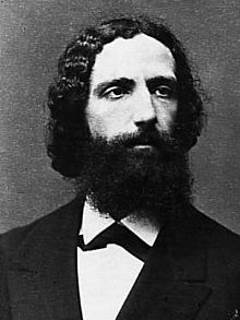Herman Philipse
(2016). Transcendental idealism. In B. Smith & D. W. Smith (eds.) The Cambridge companion to Husserl (pp. 239-322). Cambridge: Cambridge University Press.
(2001). How are we to interpret Heidegger's oeuvre?: a methodological manifesto. Philosophy and Phenomenological Research, 63 (3), 573-586.
(1998). Heidegger's philosophy of Being: a critical interpretation. Princeton: Princeton University Press.
(1998). Shifting position? Philosophy and Phenomenological Research, 58 (2), 885-892.
(1995). Transcendental idealism. In B. Smith & D. W. Smith (eds.) The Cambridge companion to Husserl (pp. 239-322). Cambridge: Cambridge University Press.
(1992). Heidegger's question of being and the augustinian picture' of language. Philosophy and Phenomenological Research, 52 (2), 251-287.
(1989). Psychologism and the prescriptive function of logic. In M. Notturno (ed.) Perspectives on psychologism (pp. 58-74). Leiden: Brill.
(1987). Psychologism and the prescriptive function of logic. Grazer Philosophische Studien, 29, 13-33. https://doi.org/10.5840/gps19872920.
(1986-1987). The concept of intentionality: Husserl's development from the Brentano-period to the Logical investigations. Philosophy research archives, 12, 293-328.
(1983). De fundering van de logica in Husserls "Logische Untersuchungen". Leiden: Elve/Labor vincit.
(1982). The problem of occasional expressions in Husserl's Logical investigations. Journal of the British Society for Phenomenology, 13, 168-185.
(1979). E. Husserls houding t.o.v. de exacte natuurwetenschap. Algemeen Nederlands tijdschrift voor wijsbegeerte, 71, 45-51.



